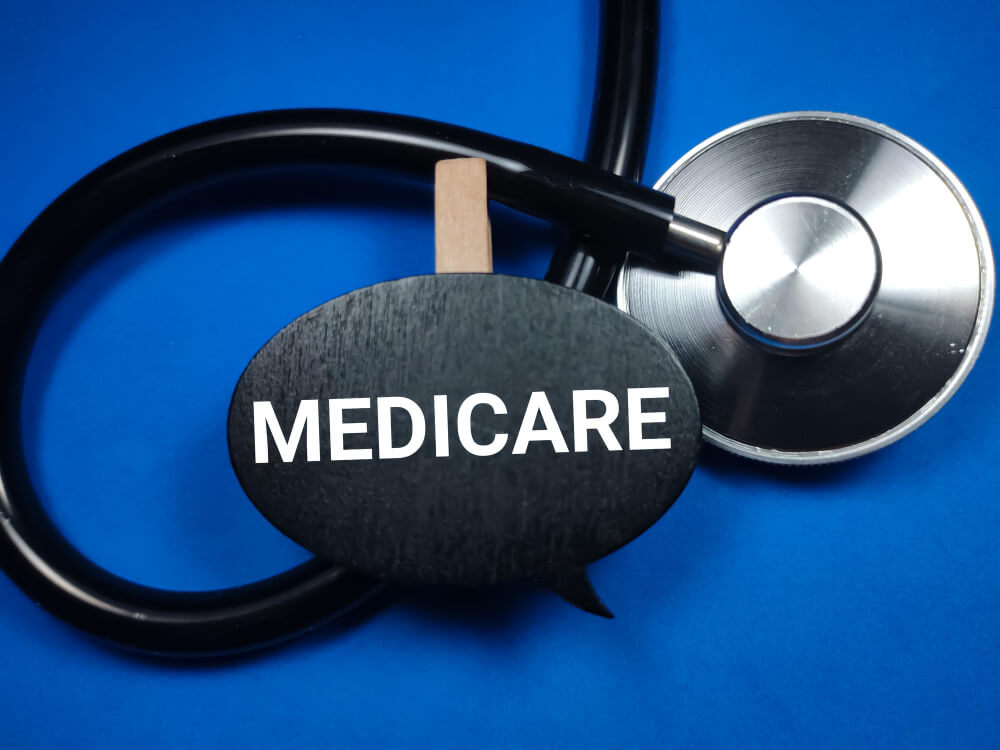A Guide to Use Medicare for Dental Care Coverage

Dental care can be expensive, especially for seniors who are on a fixed income. Medicare, the federal health insurance program for people over 65, doesn’t cover routine dental services such as cleanings, fillings, or dentures. However, there are certain circumstances when Medicare may cover dental services as part of a medically necessary treatment.
In this article, we will explain when and how you can use Medicare to cover dental services.
What is Medicare?
Medicare is a government-run health insurance program that provides coverage for people over 65, as well as those with certain disabilities. There are four parts to Medicare: Part A, Part B, Part C, and Part D.
Part A covers hospital services, while Part B covers medical services such as doctor visits, lab tests, and preventive care. Part C, also known as Medicare Advantage, allows beneficiaries to receive their Medicare benefits through private health plans. Part D covers prescription drugs.
When Does Medicare Cover Dental Services?
Medicare only covers dental services that are deemed medically necessary and are a part of a larger medical treatment. For example, Medicare may cover oral surgery that is performed in a hospital setting, but not if the same procedure is performed in a dentist’s office.
Additionally, Medicare may cover dental services that are required to treat a medical condition, such as jaw surgery to correct a speech impairment, or dentures to treat a condition that makes it difficult to eat.
How to Use Medicare to Cover Dental Services
If you need dental services that are deemed medically necessary, you can use Medicare to help cover the costs. Here’s what you need to do:
- Schedule an appointment with a Medicare-approved provider: Look for a doctor or dentist who accepts Medicare and is enrolled as a Medicare provider. You can search for a Medicare-approved provider using the Medicare website or by calling 1-800-MEDICARE.
- Get a referral from your doctor: If you need dental services to treat a medical condition, your doctor will need to write a referral. Your doctor will also need to provide information on the medical necessity of the dental services.
- Get pre-authorization from Medicare: Before you receive any dental services, you will need to get pre-authorization from Medicare. Your doctor or dentist will need to submit a request for pre-authorization to Medicare.
- Pay your share of the costs: Medicare will cover a portion of the cost for medically necessary dental services, but you will still need to pay your share of the costs, such as copays and deductibles.
Conclusion
Dental care can be expensive, but Medicare may help cover the costs for certain dental services that are deemed medically necessary. If you need dental services, be sure to schedule an appointment with a Medicare-approved provider, get a referral from your doctor, and get pre-authorization from Medicare. Remember to pay your share of the costs and to consult with a licensed dental professional for personalized advice and treatment recommendations.

Leave your comment
You must be logged in to post a comment.